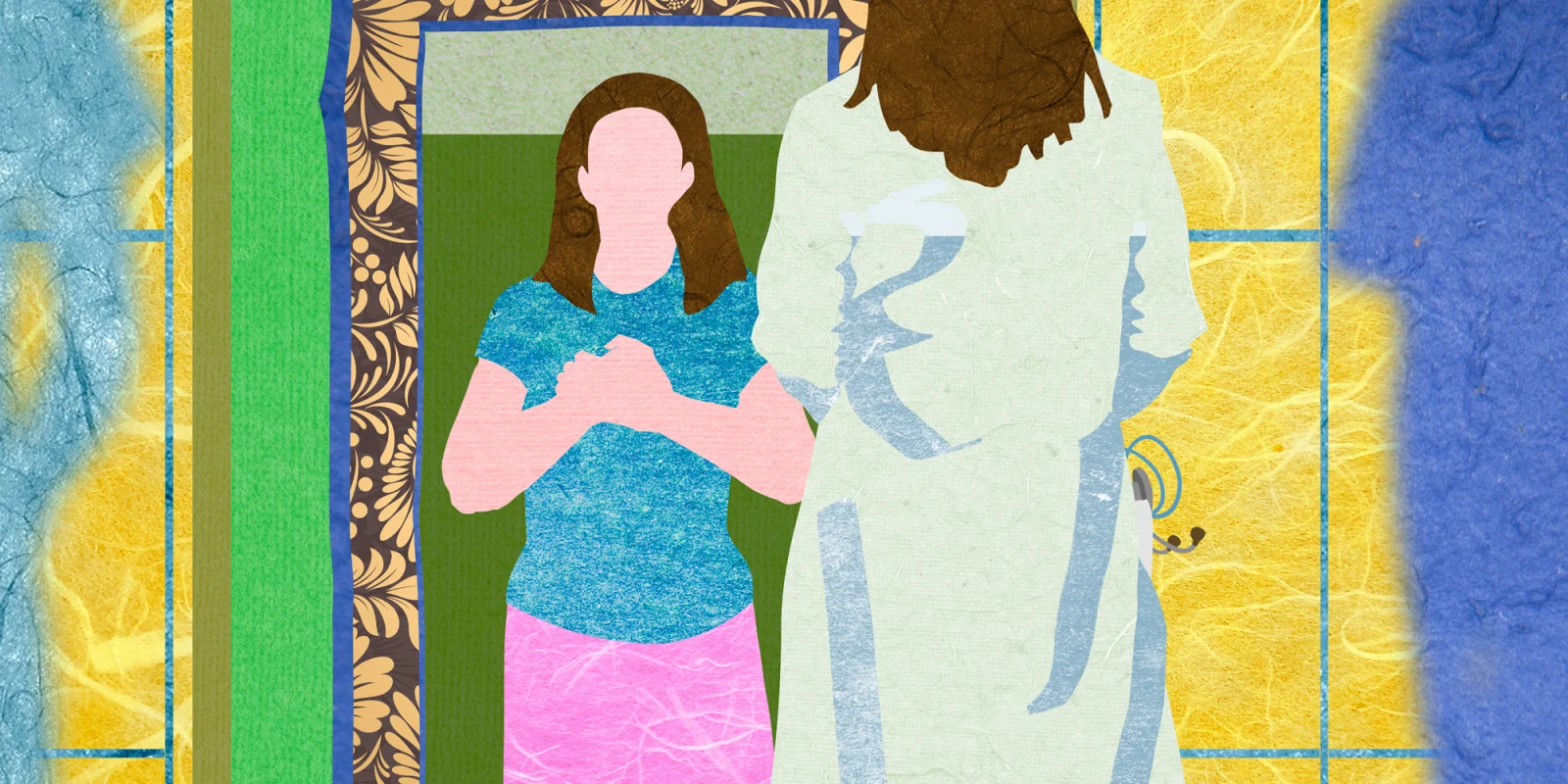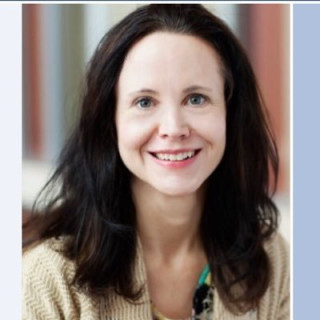 “Seems diffident.”
“Seems diffident.”
Even though I wasn’t entirely sure what that word meant (which was also shame-inducing), it burned. Hearing those words while sitting across from my program director, it felt like a hot coal had been pressed into my chest. I associated the word with indifference, and the definition (when I looked it up) isn’t too far off from that.
Diffident: modest or shy because of a lack of self-confidence.
“A diffident youth.”
Synonyms: shy, bashful, modest, self-effacing, unassuming, meek, unconfident, unassertive, timid, timorous, humble, shrinking, reticent, hesitant, insecure, self-doubting, doubtful, uncertain, unsure, self-conscious.
We are evaluated throughout medical training. Every day. But the formal in person and written evaluation that comes at the end of a rotation makes it final. You’ll either read with happy pride their remarks about you (“an excellent resident”) or sit with a hot burning shame. “Diffident” might not seem to you like the worst thing I could be called, but it actually was. Well, lazy might have been the very worst thing to be called — but having a lack of self-confidence, hesitance, and being perceived as uncertain all came in as a close second. After all, we pathologists are the consummate deciders. That one word felt like a two ton weight dropped on my life.
So, I did what I’ve always managed to do with crippling criticism. I let it destroy me for a while. I resented the pathologist who said it. Perhaps if he wasn’t such a jerk, I would have felt more comfortable. I couldn’t look at him and I felt like the entire department was disappointed in me.
And then, after a time, I faced it: the kernel of truth inside his evaluation.
I wasn’t confident. Even though I knew the material, I was overwhelmed. Sometimes, with a fire hydrant of information blasting at me, I just curled up. If I couldn’t tackle the topics completely and thoroughly, the way I knew the material warranted, I felt paralyzed. When you're paralyzed during medical training and don’t step up for tasks, you fail.
It makes sense that it’s not okay in any branch of medicine to demonstrate a lack of confidence. (No one wants to give their surgeon a pep talk!) But training is the painful nexus where you are relatively ignorant and still expected to perform as if you are not. I don’t know if displaying a lack of confidence should be normal, but it is not currently culturally acceptable. And Pathology is an area where my colleagues really don’t communicate well with each other and we certainly don’t discuss personal issues. All of the other residents in my program seemed secure, knowledgeable, and aloof. There was little chit-chat (unless intended to one-up the other residents). When I think back on my training in Pathology, lonely is the word that comes to mind.
Pathology training really tests you. It’s a repeat of every topic from medical school, except in-depth and more complicated. And, it was relentless. We’d work from 7 a.m. to 6 p.m. most days, with prep for conferences, talks, and research as “extra time.” Coming in to review cases on the weekend was celebrated and late nights were normal. All of this meant there was no room to lick my wounds and retreat from the criticism.
Cumulative stress puts extra strain on our coping mechanisms. To put it bluntly: I knew where all the private hospital bathrooms were during residency. Places where I could go, lock the door and bawl my eyes out because:
- I'd missed a question during a lecture.
- A consultant had literally refused to make eye contact with me.
- I was exhausted from standing all day and there was no end in sight (and asking when I could expect to leave would mean being shamed and reprimanded for the rest of my training).
- I didn't know what to do with a specimen, and would have had to surreptitiously ask an assistant. (She'd always help — thank you forever, Tammy.)
- I had a mountain of specimens to gross in at the end of the day, alone, with a formalin dispenser that didn't work.
Imagine my surprise, then, on a Dermatopathology rotation when a consultant told me how he approached uncertainty. We were looking together at a difficult case and he said: “On 99 out of 100 days, I would call this a melanoma.” He was talking about the statistical term known as “the confidence interval.” Per his shorthand explanation, it meant that if you repeat a situation 100 times, you may not get the exact same result each time. In short, he was expressing uncertainty, what I had spent my first two years of training avoiding at all costs. But this was uncertainty that was expected and could be accommodated. He could look at additional tests or share the case with other colleagues.
The confidence interval became my own mental shortcut for framing my imperfect humanity. Just hearing another professional use this as a tool helped me take on a more effective and self-compassionate approach to learning and practicing. I became more open to developing skills, rather than just trying to project confidence. Instead of looking for other's opinions, I shifted to what I really needed — I was there to learn Pathology and become the best pathologist I could be. And what I needed was not a perfectionistic and rigid inner self-critic.
A quote from Brené Brown says it best: “Healthy striving is self-focused: How can I improve? Perfectionism is other-focused: What will people think?”
When I was focused on minimizing other people’s judgments of me, I had little room left over for personal growth. I wanted to meet my superiors' expectations and I didn’t really care about my true performance. Once I dropped that facade, I could start actually learning for me. I didn't have to be perfect or a superhuman resident. This made it easier to learn and to accept feedback and criticism. The important things were to keep working, keep striving, and keep learning. I developed new coping skills, new ways to make decisions — and I started to feel better about the decisions I did make. I built guardrails around areas where I might make a mistake and learned to trust myself.
If I could go back and tell myself anything at the beginning of my residency, it would be that I am human and I will be judged by other humans, all of us wrestling with our own uncertainties and insecurities. We think we want 100% confidence to move forward in life. But within the range of possible answers in life, there is always some uncertainty. Really, we just want the level of confidence that reasonable people can agree on.
Jena Martin is a dermatopathologist in the Minneapolis area. She writes about Pathology for the non-pathologist on her blog.
Illustration by Jennifer Bogartz







